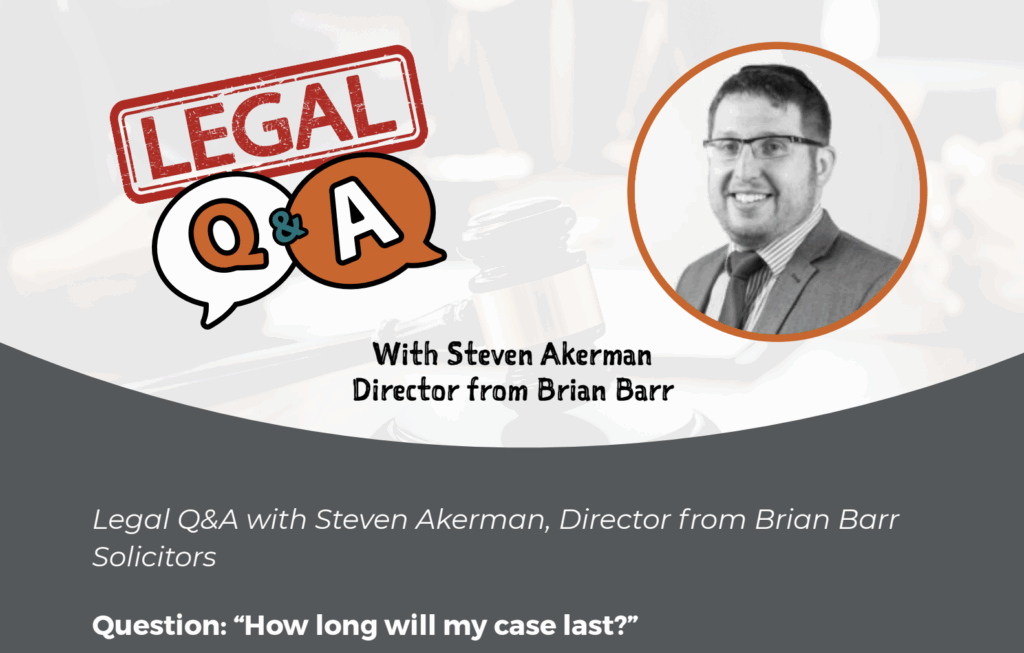Taxis are an essential part of everyday life, whether you’re hailing a black cab in the city or booking a private hire vehicle through an app. Most of the time, journeys are straightforward and safe. However, collisions do happen, and when they do, the consequences can be serious, particularly if they result in life-changing injuries such as chronic pain conditions, spinal injuries, or even brain injuries.
At Brian Barr Solicitors, we specialise in representing clients who have sustained serious injuries in road traffic collisions and are looking to make a road traffic accident claim, and we are often approached by clients who have been injured while travelling in a licensed taxi.
When an accident occurs in a licensed taxi (whether it’s a traditional black cab or a private hire vehicle), liability will usually rest with the party who caused the collision. This could be:
- The taxi driver (for example, if they were driving carelessly or failed to follow road rules).
- Another road user (such as a car, cyclist, or lorry driver who caused the collision).
- Both parties (in cases where responsibility is shared).
All licensed taxi drivers are legally required to have insurance that covers passengers. This means you should be able to pursue compensation if you are injured as a passenger, regardless of who was at fault.
While some passengers may escape with minor injuries, others unfortunately experience more severe consequences, including:
- Whiplash and soft tissue injuries.
- Fractures or broken bones.
- Head and brain injuries.
- Spinal injuries.
- Chronic pain conditions that develop after trauma.
At Brian Barr Solicitors, we have particular expertise in supporting those whose injuries develop into chronic pain conditions such as Complex Regional Pain Syndrome (CRPS) or Fibromyalgia, as well as those who sustain catastrophic spinal or brain injuries. If you are looking to make a claim, we can help you get fibromyalgia compensation, crps compensation and settlements for other chronic pain claims.
If you have been involved in a collision and are considering making a claim, here are the key steps:
- Seek medical attention immediately – your health comes first, and medical records will support your case.
- Report the accident – to the taxi company, licensing authority, or police (if appropriate).
- Gather evidence – take photographs of the scene, note down vehicle and driver details, and collect witness information if possible.
- Keep records – of your symptoms, expenses, and how the injury affects your daily life.
- Seek specialist legal advice – particularly if your injuries are complex or long-lasting.
At Brian Barr, our personal injury solicitors in Manchester focus exclusively on serious and complex injury claims. We understand the medical and financial impact of chronic pain, spinal, and brain injuries, and work closely with medical experts to build strong cases, in order to secure our clients the compensation they need for treatment, rehabilitation, and future care. If you’ve been injured in taxi you are entitled to pursue compensation for the pain, losses, and disruption the accident has caused and for those whose injuries result in long-term or life-altering conditions, the right legal support is essential.















